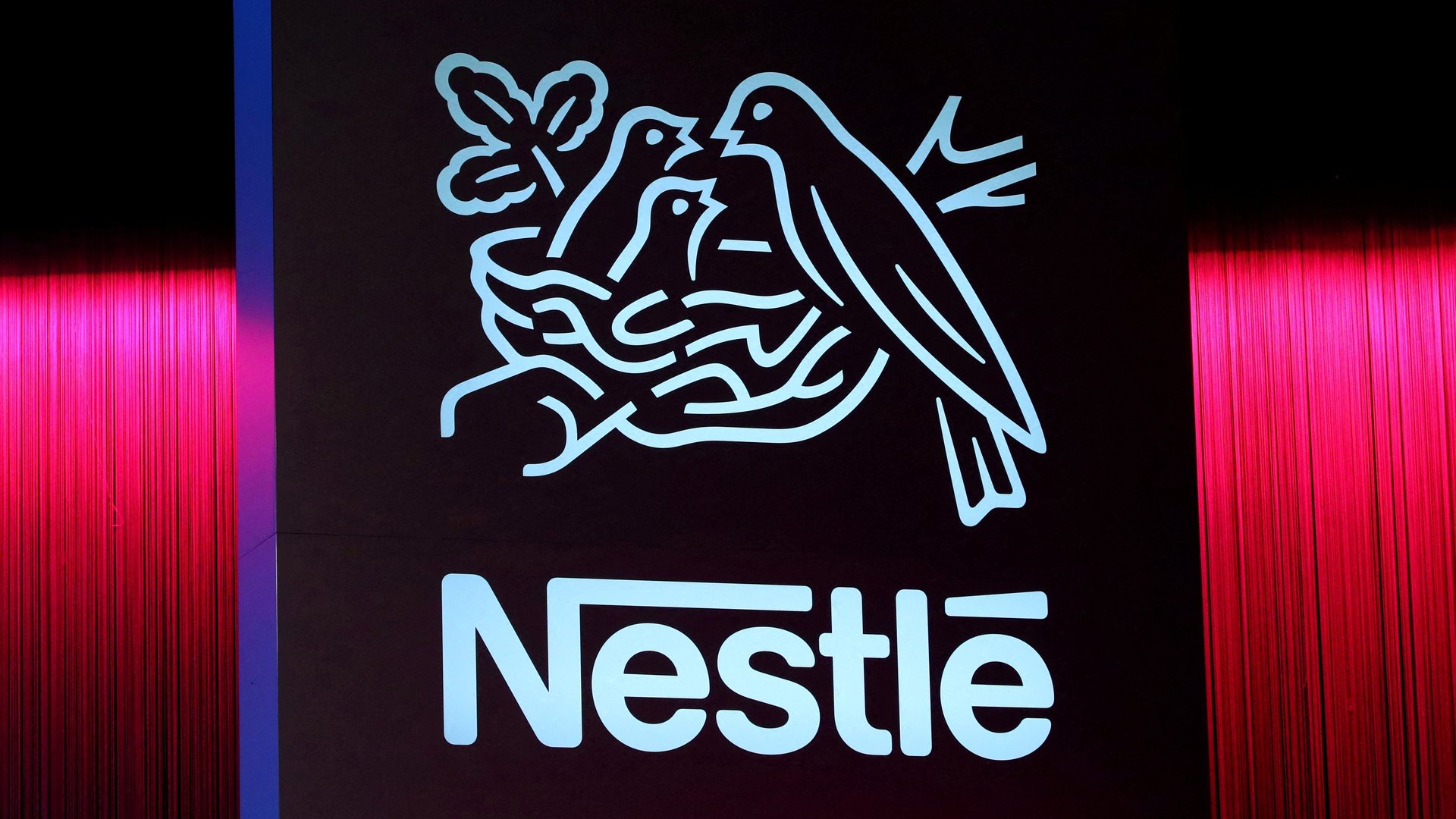Nestle is punishing Russia by taking away its chocolate bars
Facing growing pressure from critics to exit Russia, Nestle said it is suspending sales of Kit Kat bars, Nespresso pods, and San Pellegrino bottled water in Russia—though stopping short of selling all products.


Facing growing pressure from critics to exit Russia, Nestle said it is suspending sales of Kit Kat bars, Nespresso pods, and San Pellegrino bottled water in Russia—though stopping short of selling all products.
The Swiss food company said in a statement that it will suspend “the vast majority” of its activity in Russia, including manufacturing, sales of certain items, advertising, and capital investment. But Nestle said it will continue to sell essential items like infant food and medical nutrition.
As the war between Russia and Ukraine continues, Nestle said it will be identifying solutions for its factories in Russia and will continue to pay employees. Global food companies are having to consider multiple factors including food access for civilians, pressure from consumers, and operating vast supply chains as they monitor the situation.
Nestle said it does not expect to make a profit or pay any related taxes in Russia for the foreseeable future and any profits will be donated to humanitarian relief organizations. Last year, 1.7 billion Swiss francs ($1.8 billion), or about 2% of the company’s sales (pdf), came from Russia.
What role do food companies play in the Russia-Ukraine war?
The suspension of shipments comes as the biggest food company in the world faces growing pressure to exit Russia. “‘Good food. Good life.’ This is the slogan of Nestlé. Your company that refuses to leave Russia,” said Ukraine’s president, Volodymyr Zekenskyy in a video Saturday calling for Switzerland to take further actions against Russia. The prime minister of Ukraine also called on Nestle CEO Mark Schneider to rethink staying in Russia, tweeting, “Unfortunately, he shows no understanding. Paying taxes to the budget of a terrorist country means killing defenseless children&mothers” on March 17.
Food companies are dealing with a balancing act requiring them to weigh food access as a basic human right against responding to growing pressure from critics who say pulling out completely is necessary for sanctions against the Russian economy to succeed. How large food and beverage companies navigate the crisis could also have real impacts on how their brands are perceived—and their bottom lines.
Similarly, yogurt maker Danone and Pepsi said that they would suspend some business, but will continue to sell essential products like milk and baby formula in Russia.